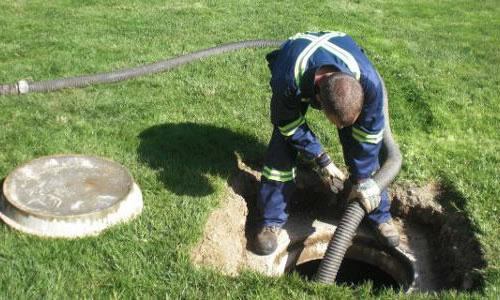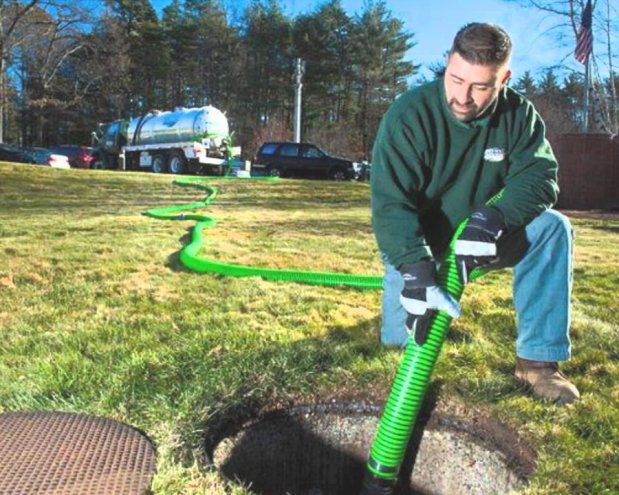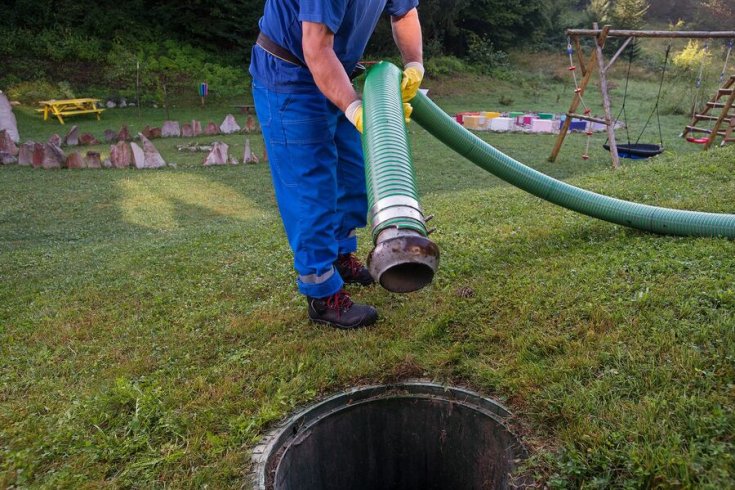
04
Trench or pit pumping is an essential component of proper septic system maintenance. For those who rely on septic tanks to manage their wastewater, understanding the significance of trench or pit pumping is crucial.
Septic systems are an integral part of rural and suburban living, providing a decentralized wastewater treatment solution for homes and businesses that aren't connected to municipal sewage systems. These systems consist of a septic tank and a drain field, where wastewater from toilets, sinks, and other household drains is collected, treated, and released into the soil.
Septic systems operate efficiently as long as they are well-maintained. Neglecting their care can result in system failures, costly repairs, and environmental hazards. Trench or pit pumping is a key component of septic system maintenance.
Trench or pit pumping refers to the removal of liquid waste from a septic system's trenches or pits within the drainfield. The drainfield, also known as a leach field, is where treated wastewater is dispersed into the soil. Over time, solid waste accumulates in the trenches or pits, and the liquid component, often referred to as effluent, must be periodically pumped out to maintain the system's functionality.
Maintaining a septic system, including trench or pit pumping, is a task best left to professionals. Here are some compelling reasons to partner with a professional septic company for your septic system needs:
Trench or pit pumping is an essential aspect of septic system maintenance, helping to prevent system failures and protect the environment. Proper care and professional guidance are the keys to a well-functioning septic system. For more details about how to care for your septic system, be sure to get in touch with a professional.

05
Are Slow Drains a Septic Issue or Just a Clog? Slow drains are one of those household problems that start…
Read more
02
What Septic Service Techs See That Homeowners Miss Most homeowners only think about their septic system when something goes wrong.…
Read more
21
Simple Habits That Protect Your Septic System A well-functioning septic system does its job quietly, but the moment something goes…
Read more
14
Pump Now or Pay Later: The Real Cost of Skipping Maintenance A properly functioning septic system is easy to forget…
Read more
11
Why Your Septic System Always Acts Up at the Worst Time Homeowners often feel that septic problems strike at the…
Read more
04
Early Warning Signs Your Septic Tank Needs Pumping For homeowners who rely on a septic system, routine maintenance is not…
Read more
29
Why Does My Septic System Smell Fine One Day and Terrible the Next? If you own a home with a…
Read more
19
Is Your Septic System Overdue? Simple Home Checks You Can Do Today For many homeowners, the septic system is a…
Read more
13
5 Signs Your Septic Tank Is Overdue for Pumping Your septic system works quietly behind the scenes, managing wastewater from…
Read more
07
Do Septic Additives Really Work? Septic additives are everywhere. You’ll see them at hardware stores, advertised online, and often recommended…
Read more